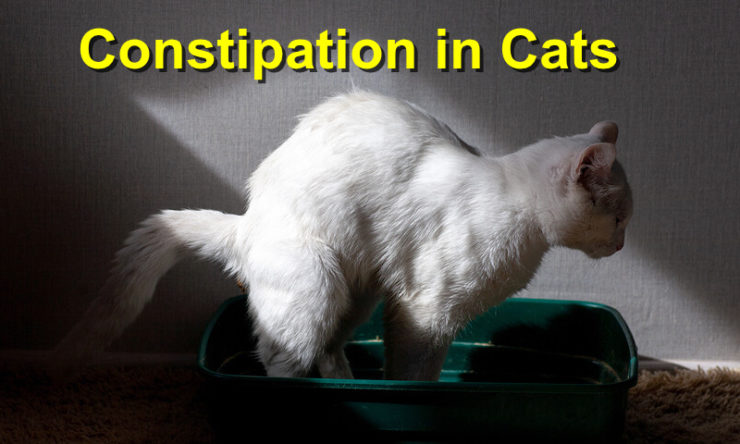Constipation in Cats: What causes it?
Most cats often don’t drink enough water and this causes them to have digestive problems like constipation. This is a serious condition and should never been taken lightly. Constipation can cause a lot pain and suffering for your cat.
Is constipation a problem for cats?
Constipation is unpleasant for cats. Second, frequent episodes of constipation in cats can cause permanent expansion of the colon. There are serious cases of constipation where cats are completely unable to expel stool and may need a laxative. When a cat is ‘’impacted’’ or blocked up and the colon becomes so enlarged, surgery might be the only option.
Causes of constipation in cats
The common causes of cat constipation are:
- A disease
- Stress at home
- Dehydration
- A dirty litter-box
- Painful defecation
While it may not be easy to identify the cause, it’s important to find ways to manage the condition and prevent it from worsening. You can consult your local vet to help you find the cause.
Avoid feeding you cat dry foods and buy canned food instead to ensure your pet gets enough water intake. Canned food contains 80% water while dry food has only 10-20% water.
Symptoms of constipation in cats
Constipated cats usually have decreased appetite. When defecating, constipated cats might vocalize their discomfort. Constipation also causes vomiting.
How do you test constipation in cats?
First, the vet will perform a complete physical exam. Blood work can show presence of a metabolic disease like high calcium or low potassium. It can show dehydration as well.
When can you tell your constipated cat needs surgery?
Extreme constipation is known as obstipation. Cats suffering from obstipation usually have a poor quality of life. A cat that has obstipation has an excessively stretched colon and is unable to expel rock-hard stools. When the colon is unable to perform its job efficiently, medications and diet changes often become useless. Surgery is done to remove the giant, diseased colon.
How to treat constipation in cats
After the vet has done a thorough physical exam to test for constipation, here are some of the common treatments to consider.
- A laxative
- A diet high in fibers
- Drugs to help expel the fecal matter
- Injection of fluids to help reduce dehydration
Conclusion
You should ensure your cat gets plenty of exercise climbing, jumping and running. These activities combined with sufficient hydration will prevent constipation. If you pet goes more than two days without a bowel movement, its best to consult your veterinarian.
References: Pet Health Network, Petmd, Honest Paws
Copyright: Local Value


